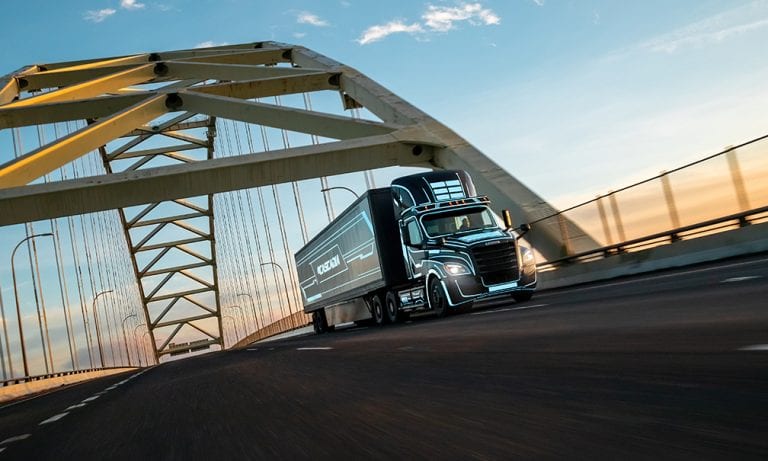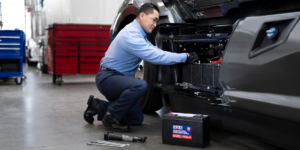COLUMBUS, Ind. — According to a study released April 20 by ACT Research, sales of commercial electric vehicles (CEVs), specifically Classes 4-8 trucks, is expected to top 300,000 units by the year 2040. “Charging Forward: 2020-2040 BEV & FCEV Forecast & Analysis” is a follow-up to a 2018 study by ACT, “Commercial Vehicle Electrification: To Charge or Not To Charge.”
The new study extends the forecast horizon to 2040, looks at additional vehicle applications in detail and adds analysis of the potential for hydrogen fuel-cell vehicle adoption for commercial vehicles. The forecasts are based on a comprehensive total cost of ownership analysis that covers 14 sub-segments and 23 application types, ranging in vehicle size from Class 4 through Class 8.
“We believe that electrification will offer a competitive solution for an increasing number of commercial vehicle segments as we look to the decade ahead and beyond,” said Jim Meil, principal of industry analysis for ACT.
The study outlines how CV electrification will benefit from a combination of advances in battery technology, environmental considerations and government policy, plus the potential for significant operational cost savings. CEV share gains are projected to grow from a small beachhead today to more than 40% by 2040 for the market in aggregate; some segments that are particularly conducive to electrification will see CEVs capture 75% or more of unit sales in the far years of the forecast horizon.
“Initial adoption will likely be in shorter-range hauls with frequent stops and starts, regular and predictable routes, and daily return-to-base for overnight charging types of operations,” Meil said. “Early adopters will tend to be in medium duty and highly specialized Class 8 applications that make the current limitations of battery storage technology more manageable.”
Regarding more distant time horizons, Meil said he expects the performance of CEVs to improve with the advancement of battery technology. In addition, he noted “performance will improve, costs will drop, and a wider range of applications and duty cycles will open.”
The full report is available for purchase from ACT Research.
The Trucker News Staff produces engaging content for not only TheTrucker.com, but also The Trucker Newspaper, which has been serving the trucking industry for more than 30 years. With a focus on drivers, the Trucker News Staff aims to provide relevant, objective content pertaining to the trucking segment of the transportation industry. The Trucker News Staff is based in Little Rock, Arkansas.











